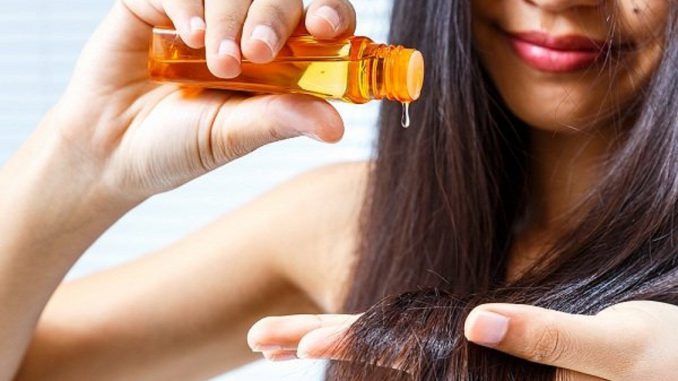
If nature has given goods such as petroleum and phosphate to certain lands, then it has given the argan tree to Morocco, whose “oil” is golden. This rare tree, known for its fight against deforestation and drought, has been found for millions of years only in Morocco and precisely in the south, in the regions of Tafraout, Agadir, Taroudant, Sidi Ifni and Chichaoua. Amazigh women have been using it for a long time and have taken out of its fruits and fines the argan oil, which today has an international reputation and is known all over the world.
Argan oil has many versatile uses. It is present in Moroccan cuisine as it adds a special flavor to dishes and it is also used as a beauty product which helps to get rid of pimples, alleviating wrinkles, moisturizing the skin and repairing damaged hair…etc. The beauty argan is more expensive than cooking argan, moreover it is used for medical purposes as it treats skin rashes and other skin diseases and infections as well as acne. Its waste products are used as cattle feed.
Argan oil, one of the rarest oils in the world, contains many important dietary constituents such as omega 6 and omega 9. It also contains antioxidants and different types of vitamins and fatty acids.
Many countries have tried to cultivate the argan tree on their land, including Algeria where it exists in Tindouf, Mostaganem and Adrar, the United States more precisely in California and Mexico, but the quality of the oils was not as good as the original Moroccan argan oil.
Meanwhile and after years of scientific research, Israel was able to clone the Moroccan argan tree. It is widespread in the Negev and Arabah and produces ten times more than what Morocco produces. The Hebrew state has become a rival to Morocco in the field of argan oil production and its international export.
The argan sector employs more than two million people, it is produced on an area of 800 thousand hectares. France is one of the main importers of Moroccan argan, accounting for 78% of the country’s exports in this sector, despite fierce competition from the Israeli product, which has overwhelmed other markets. This has prompted actors in this field to strengthen the development of the product and improve quality in order to make the Moroccan argan equal to the competition.

Be the first to comment